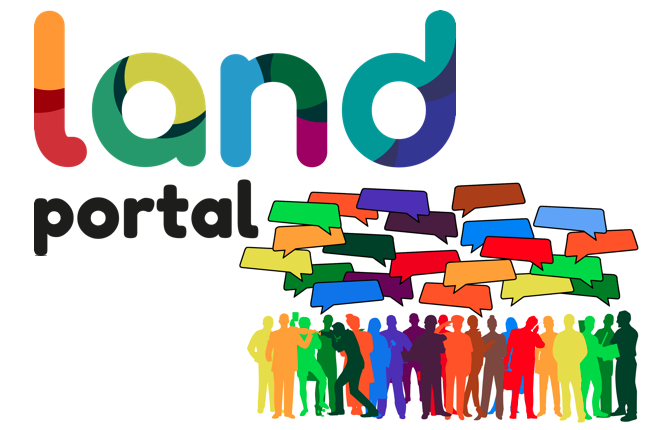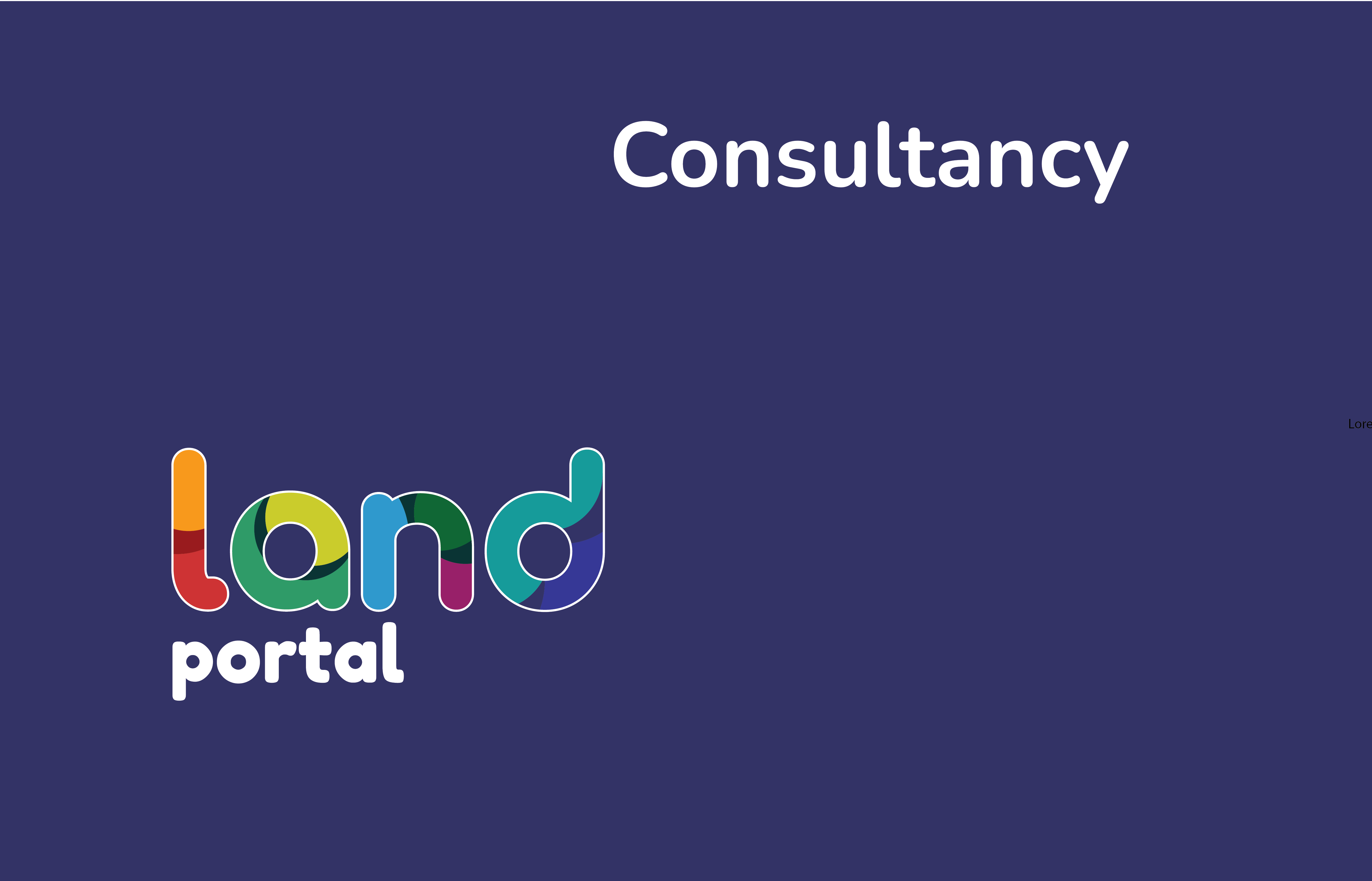News on Land
Get the latest news on land and property rights, brought to you by trusted sources from across the globe.
Land Portal Survey 2025
Support to Responsible Agriculture Investments presents its projects in the region of Gambella
The visit from GIZ Ethiopia and Djibouti Country Director provided a comprehensive look at the project’s impact on agricultural investment, digital land management, and community engagement.
Opportunity: Land Governance Research Consultant for the Arab States
The Land Portal Foundation is seeking a dynamic and highly motivated research consultant to conduct desk research about various land governance issues, as well as on land data governance, with a focus on the Arab States.
Please note the extended deadline: 13 April 2025 at midnight CET.
Opportunity: Senior Drupal Developer and Data Architect to conduct an assessment
We are seeking a Drupal expert and data architect to conduct an assessment of the Land Portal Foundation's (https://landportal.org/) technologies and practices that sustain its main website and sub-domains as open data platforms. The expert should advise us on how to improve our sites’ performance and our data management technologies and practices. The recruitment for this consultancy is done jointly with Abt Britain and will be divided into two parts:
Worldwide call for land specialists
While fully acknowledging the recent challenges of the global foreign assistance scene, Cadasta Foundation and Global Land Alliance (GLA) see the crisis as an opportunity to strengthen the global land governance sector.
El cambio climático dispara el precio del café un 40%
Debido al prologado clima seco en Vietnam, las excesivas lluvias en Indonesia, y las condiciones climáticas secas y calurosas en Brasil la producción de café se ha visto afectada. La subida de precios muestra una necesidad de invertir más en tecnología, e investigación y desarrollo en el sector del café para aumentar su resistencia al clima.
Morocco Declaration for Land Governance
During the closing session of the Third Arab Land Conference, Rania Hedeya, UN-Habitat’s Regional Representative for the Arab States, presented the joint declaration that emerged from the conference’s discussions, outcomes, and recommendations, calling on all land sector stakeholders in the Arab region, as well as conference participants, to take collective action in advancing good land governance.
Cultiver l'avenir - la sécurisation foncière au service des agriculteurs Malgaches
La sécurité des droits fonciers individuels et d'utilisation est primordiale pour promouvoir une agriculture durable et résiliente. À Belalitra, région Boeny au nord –ouest du Madagascar, ce lien se concrétise à travers le parcours de Ernestine RAZAFINDRAVAO.
Corruption Perceptions Index: Corruption is playing a devastating role in the climate crisis
Global corruption levels remain alarmingly high, with efforts to reduce them faltering, according to the 2024 Corruption Perceptions Index (CPI), released by Transparency International. The report has exposed serious corruption levels across the globe, with more than two-thirds of countries scoring below 50 out of 100. The global average on the index has remained unchanged at 43, highlighting the need for urgent action against corruption and warning of a critical global obstacle to implementing successful climate action.
Call for abstracts: LANDac Annual Conference 2025
Plurality of Knowledge: The Future of Land Governance in Shifting Global Contexts
Utrecht, the Netherlands | 2-4 July 2025
Call for Abstracts and Early Career Researcher Contributions - closes 23 February 2025!
Find the full Call for Abstracts and Call for Contributions here.
Renforcer la Gouvernance Pastorale en Afrique de l'Ouest et Centrale: Leçons de la mission transnationale et inter-projets d'échange de connaissances
Du 9 au 16 décembre 2024, s’est déroulée au Cameroun une mission transnationale d'échange de connaissances sur les questions foncières et agropastorales. Une mission qui a réuni des experts, praticiens, acteurs de la société civile et autorités politico administratives.











